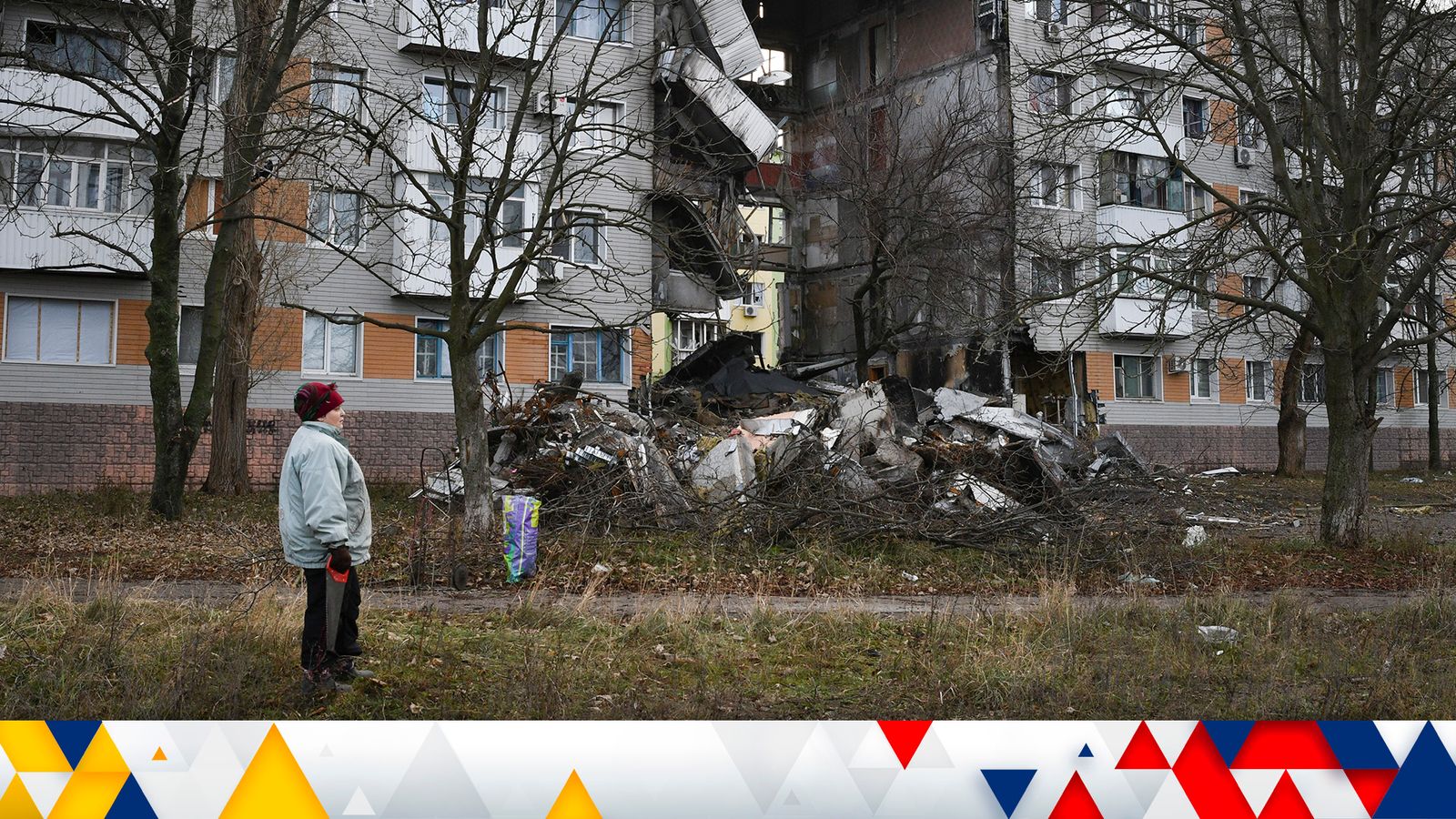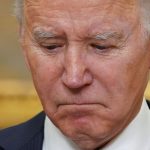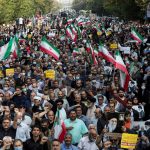Russia’s war in Ukraine and China’s aggression over Taiwan threaten to create a world “defined by danger, disorder and division”, the UK prime minister has warned.
Rishi Sunak predicted a “difficult and dangerous decade” as his government published a long-awaited update to a major defence, security and foreign policy review on Monday.
The 63-page document signalled that the world faced the biggest risk in decades of security threats escalating, including into “uncontrolled conflict” with nuclear weapons.
The most immediate security priority was to tackle the threat posed by Russia’s war in Europe, the Integrated Review Refresh said.
But it warned that any future war in the Indo-Pacific, where tensions have increased with China over Taiwan, could have “global consequences greater than the conflict in Ukraine”.
Please use Chrome browser for a more accessible video player
Deadly missile strike on school; ‘tensions emerging’ between US and Kyiv – Ukraine war latest
The paper did not change the fundamental assessments of the original review, published in 2021, before Russia’s full-scale invasion of Ukraine, but the language was starker.
China: President Xi Jinping’s ramping up of rhetoric is deliberate – and the drawing of battle lines is accelerating
China’s military must become ‘Great Wall of Steel’, President Xi Jinping says
UK to spend extra £5bn on military to counter intensifying threats from China and Russia
Mr Sunak described the Chinese Communist Party as posing an “epoch-defining challenge”. It was previously described only as a “systemic challenge”.
He also set out how Russian President Vladimir Putin’s war in Ukraine was an assault on UK and wider European security.
The prime minister explained how the security environment has changed over the past two years, with threats and challenges intensifying.
“Russia’s illegal invasion of Ukraine, weaponisation of energy and food supplies and irresponsible nuclear rhetoric, combined with China’s more aggressive stance in the South China Sea and the Taiwan Strait, are threatening to create a world defined by danger, disorder and division – and an international order more favourable to authoritarianism,” he wrote in a foreword.
Please use Chrome browser for a more accessible video player
£3bn more for nuclear weapons and submarine fleet
As a result of the evolving threats, Mr Sunak announced an extra £3bn over the next two years for the UK’s nuclear weapons and submarine fleet as well as an extra £1.9bn for ammunition stockpiles.
The document was released ahead of the government’s budget on Wednesday. It set out a plan to increase UK defence spending to 2.5% of GDP, up from just over 2%, but without setting a timeframe.
Warning of future threats, the review said: “There is a growing prospect that the international security environment will further deteriorate in the coming years, with state threats increasing and diversifying in Europe and beyond.
“The risk of escalation is greater than at any time in decades, and an increasing number of advanced weapons systems have been developed and are being tested or adopted.”
It raised concern about the impact of a weakening in a set of arms control agreements between the United States and Russia.
Read more:
Ukraine must embrace West’s ‘manoeuvre warfare’ – analysis
Chinese foreign minister warns ‘reckless’ US risks ‘catastrophic’ conflict
China invasion of Taiwan would cause ‘major blow to high-tech supply chain’
Please use Chrome browser for a more accessible video player
“The strategic stability mechanisms that helped in the 21st century to mitigate the risks of misunderstanding, miscalculation and unintended escalation have not developed at the pace needed to ensure that competition does not spill over into uncontrolled conflict, the text said.
It added: “Tensions in the Indo-Pacific are increasing and conflict there could have global consequences greater than the conflict in Ukraine.”
The Integrated Review Refresh also cautioned about an increasing threat from Iran, which is advancing a nuclear weapons programme.
In addition, North Korea is “seeking to develop its nuclear capabilities while pursuing regionally destabilising activity through missile tests that threaten its neighbours”.






















